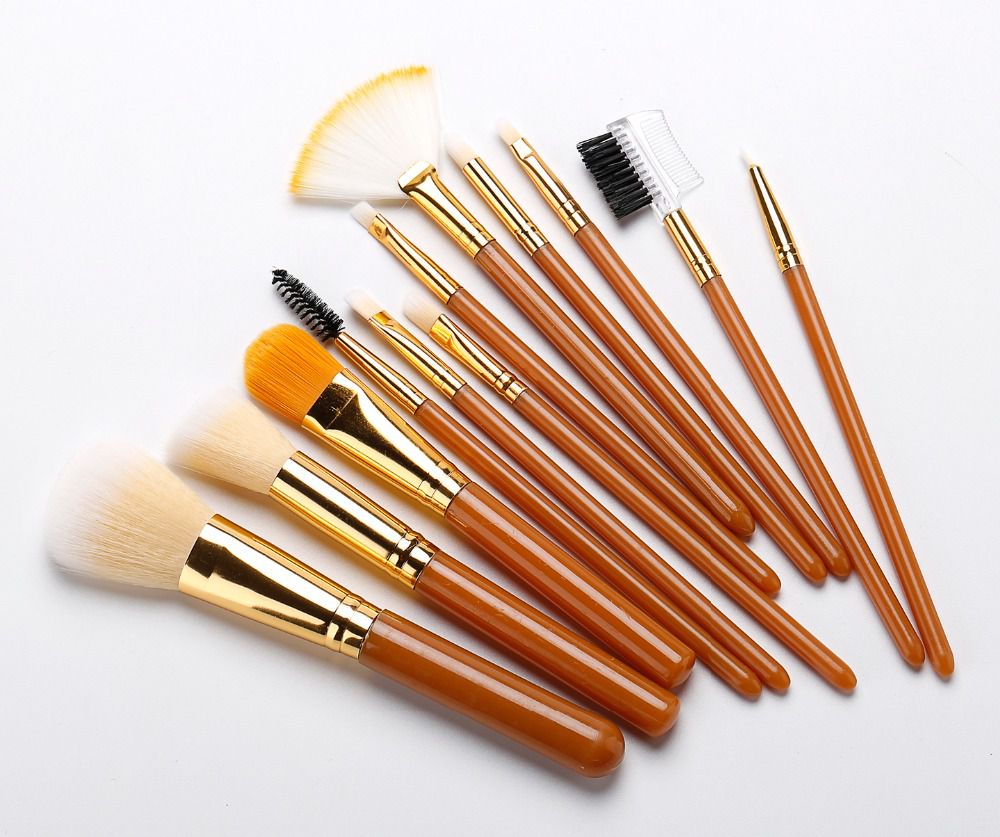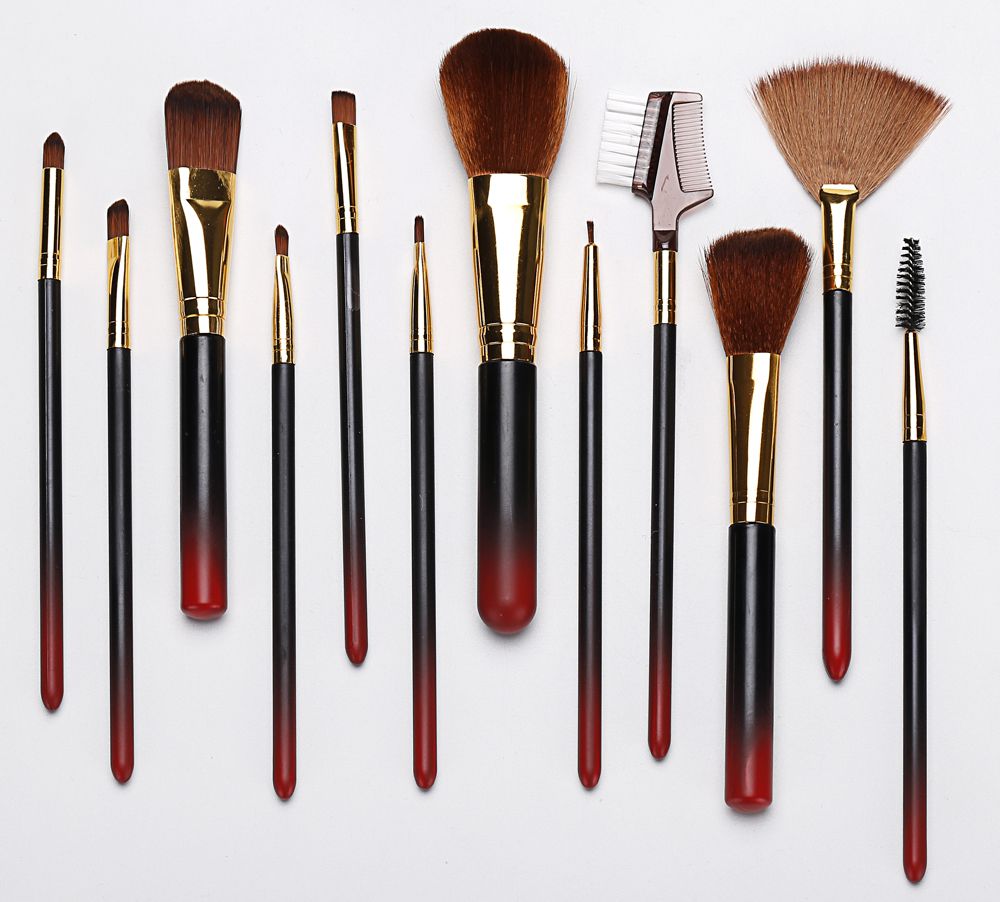Industry news
Mexican Brush Industry Collaborates with Universities on Bristle Material Research
- 686 Views
- 2025-09-30 01:31:06
Mexican Brush Industry Collaborates with Universities on Bristle Material Research
The Mexican brush industry, a cornerstone of the country’s manufacturing sector and a key supplier to North American and Latin American markets, is undergoing a transformative shift through strategic partnerships with leading universities to pioneer bristle material innovation. As global demand for high-performance, sustainable brush products—particularly in the cosmetic and industrial sectors—surges, the collaboration aims to reduce reliance on imported materials, enhance product quality, and position Mexico as a hub for advanced bristle technology.
Long a producer of affordable brushes, Mexico’s industry has historically depended on imported synthetic fibers (such as nylon and polyester) and traditional natural materials like boar hair, which often lack consistency or fail to meet evolving consumer standards for softness, durability, and eco-friendliness. To address these gaps, major industry players, including associations like the Mexican Brush Manufacturers Guild (ANFABRIL), have joined forces with academic institutions renowned for materials science expertise, notably the National Autonomous University of Mexico (UNAM) and the Monterrey Institute of Technology (ITESM).

The research initiative, launched in early 2024 with a three-year timeline and $2.3 million in funding (split between private sector investment and government grants), focuses on two primary areas: optimizing local natural resources and developing bio-based synthetic alternatives. “Mexico’s biodiversity offers untapped potential,” explains Dr. Elena Mendez, lead researcher at UNAM’s Materials Science Department. “We’re exploring native fibers—such as agave, cactus, and yucca—for cosmetic brush applications, aiming to enhance their softness through enzymatic treatments and nano-coating techniques. Preliminary tests show these modified natural bristles match or exceed the performance of imported boar hair in抓粉力 and durability, with the added benefit of being cruelty-free and locally sourced.”

Parallel efforts at ITESM are centered on bio-based synthetics, targeting industrial brushes used in automotive and aerospace manufacturing. Researchers are developing polyhydroxyalkanoates (PHAs)—biodegradable polymers derived from sugarcane and corn—to replace petroleum-based plastics. “Industrial brushes require high wear resistance and chemical stability,” notes Dr. Carlos Ruiz, head of ITESM’s Polymer Engineering Lab. “Our PHAs, reinforced with nanocellulose from Mexican pine residues, show 30% higher abrasion resistance than conventional nylon-6 bristles, while being fully compostable. This could help Mexican manufacturers comply with strict EU and U.S. sustainability regulations, such as California’s SB 54.”
The collaboration also addresses supply chain resilience. Currently, over 60% of Mexico’s bristle materials are imported from China and Eastern Europe, leaving the industry vulnerable to geopolitical disruptions and price fluctuations. By localizing material production, the project aims to cut import dependency by 40% within five years, according to ANFABRIL president Maria Gonzalez. “This isn’t just about innovation—it’s about survival,” she emphasizes. “Global competitors in Italy and South Korea are already investing heavily in sustainable materials. Our partnership with universities ensures we don’t fall behind.”
Early results are promising. A pilot line using modified agave fibers, developed with UNAM, has been tested by Mexican cosmetic brand EcoTools, with consumer feedback highlighting “softer feel” and “better powder retention” compared to their previous synthetic brushes. The team expects to scale production by late 2025, with initial exports targeted at eco-conscious markets in Germany and Canada.
While challenges remain—including scaling up bio-based material production cost-effectively and convincing established brands to switch suppliers—industry experts see the collaboration as a catalyst for long-term growth. “Mexico has always had manufacturing expertise; now it’s adding R&D muscle,” says Juanita Lopez, senior analyst at Latin America Manufacturing Insights. “By integrating academic rigor with industry needs, this model could replicate across other sectors, from textiles to packaging.”
As the project progresses, the Mexican brush industry is not just aiming to innovate—it’s positioning itself as a global leader in sustainable, high-performance bristle technology. For a sector once defined by low-cost production, this partnership marks a bold step toward becoming a driver of material science innovation.











